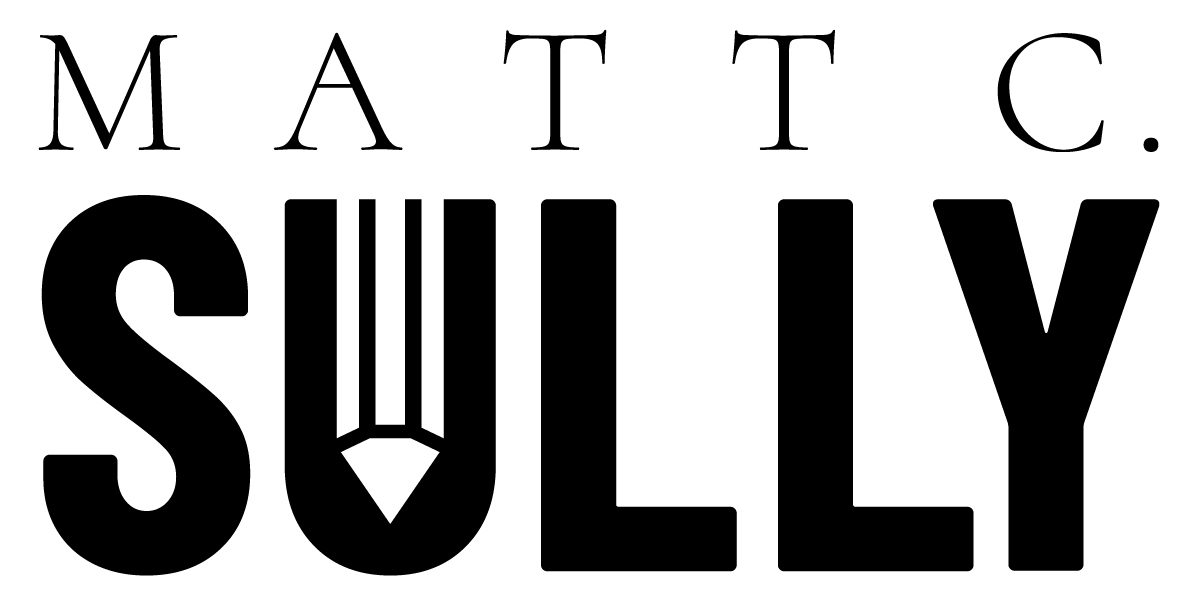
Working at a video store through most of high school, I had access to a seemingly infinite array of motion pictures. Like everyone else, I watched the blockbusters, but my real education of film came when I strayed from the big-studio, big-budget movies.
There were the classic black and whites, which my friends actually stated they wouldn’t watch because of the lack of color. In their minds, “old” meant “for old people.” While they fidgeted in wait for the next one-upper explosive thrill ride, I quietly consumed Gone with the Wind, Rebecca, Rear Window, Breakfast at Tiffany’s, and Dr. Strangelove. These are by no means independent productions, merely blockbusters from a different era, but they allowed me to foray into diverse landscapes.
I watched as much as I could from every genre, (with some reluctance to dip too far into horror), and found gems that nobody in my circle of friends had ever heard of, as well as the worst productions that never should have seen the light of day. I loved them all. I’d come home with 5 movies almost every night (our maximum allowed free rentals as an employee) and stay up way too late to finish them. With each one, good or bad, I learned about movies, and I learned about storytelling.
When my friends asked if I was going to see the new Tom Cruise movie, I would ask who directed it. I picked apart scripts, applauded actors who did so much with such poor material. I thought over scores and cinematography, and shot composition. I was a movie snob, and still am, but now this snobbery has transitioned to books.
As someone now so deeply entrenched in writing, I have become super critical of the books I read. Being so concerned over my own voice, dialogue, world building, story arc, and careful edits, I have little patience for poor writing. I struggled through the first few chapters of Nora Roberts’s The Collector before quitting. (I’ll never discover who killed that couple, and I’m quite alright with that.)
It felt very much like a first draft, and perhaps it was, given the number of books she produces. Though I disliked it, I made use of the experience and paid attention. I asked myself why I didn’t like it, so that I could be sure to avoid the same pitfalls. Essentially it came down to bad dialogue, spoon feeding the reader with character motivation, and a kind of YA view of the world. Then I switched to Bill Bryson’s A Walk in the Woods and was captivated at page one. He manages to add humor into facts and figures, bring characters to life quickly, and set the reader on a journey of wanting to know what’s around the next corner. Perhaps it’s too soon to make a full judgment. Maybe it all falls apart and is ultimately a low star read, but right now I am excited to continue, and that’s what I want for my own readers.
From every book I can take away something to improve me as a writer. The additional upside as well as downside to reading books, both good and bad, is that I feel better and worse about my own abilities. My dialogue is tighter and more believable, (until I’m told otherwise), than that of The Collector characters, but my descriptions and ease of voice is not on par with Bill Bryson. By soaking up the diverse prose of others I can find entertainment as well as education, giving support to a common adage repeated by writers everywhere: To be a good writer you must read.
Thank you so much for reading. Please follow, subscribe, and comment.

I am an old film fan. I enjoy watching films from the 30s, 40s, and 50s. One finds wonderful stories enhanced by character actors supreme.
LikeLiked by 1 person